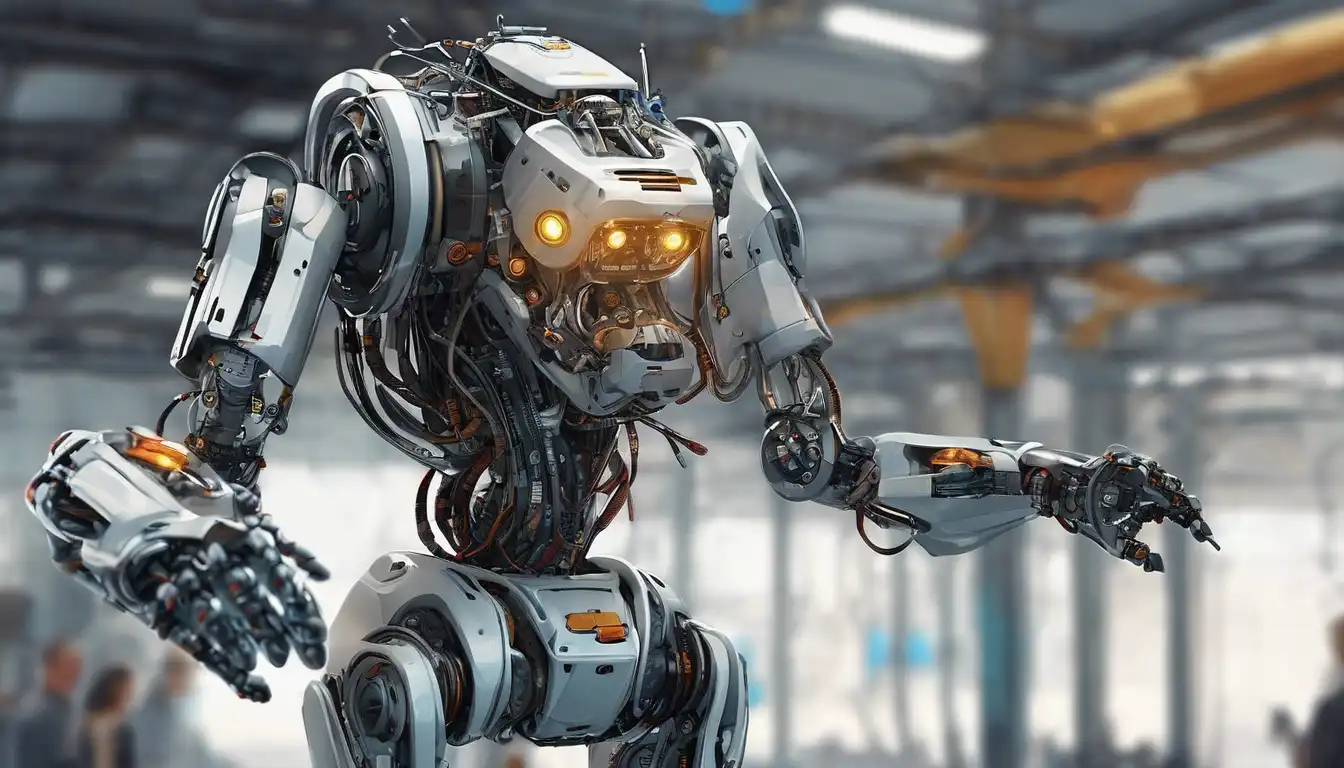The Dawn of Robotics: A Technological Revolution
In the realm of modern technology, robotics stands as a towering testament to human ingenuity and the relentless pursuit of innovation. This field, which seamlessly blends engineering, computer science, and artificial intelligence, is reshaping industries, enhancing productivity, and redefining the boundaries of what machines can achieve.
The Building Blocks of Robotics
At its core, robotics involves the design, construction, operation, and use of robots. These sophisticated machines are capable of performing tasks autonomously or semi-autonomously, ranging from simple repetitive actions to complex surgical procedures. The integration of sensors, actuators, and advanced algorithms enables robots to perceive their environment, make decisions, and execute tasks with precision.
Innovation at the Heart of Robotics
Innovation in robotics is not just about creating machines that can perform tasks; it's about pushing the limits of technology to solve real-world problems. From artificial intelligence that enables robots to learn and adapt, to automation technologies that streamline manufacturing processes, robotics is at the forefront of technological advancement.
Applications of Robotics Across Industries
The impact of robotics is felt across a wide array of sectors. In healthcare, robotic surgery offers unparalleled precision, reducing recovery times and improving outcomes. In manufacturing, robots enhance efficiency and safety, taking on dangerous tasks that would otherwise put human workers at risk. The agricultural sector benefits from robotic systems capable of planting, harvesting, and monitoring crops with minimal human intervention.
The Future of Robotics: Beyond Imagination
As we look to the future, the potential of robotics is boundless. With advancements in machine learning and neural networks, robots are becoming more intelligent and capable of performing increasingly complex tasks. The exploration of space, deep-sea environments, and even other planets is being made possible through robotic technology, opening new frontiers for human discovery and innovation.
Challenges and Ethical Considerations
Despite its many benefits, the rise of robotics also presents challenges. Issues such as job displacement, privacy concerns, and the ethical use of autonomous weapons systems are sparking debates worldwide. Addressing these concerns requires a collaborative approach, ensuring that the development of robotics technology aligns with societal values and ethical standards.
Conclusion: The Path Forward
Robotics represents the intersection of technology and innovation, offering solutions to some of the world's most pressing challenges. As we continue to explore this exciting field, it is crucial to foster innovation while addressing the ethical and societal implications. The future of robotics is not just about the machines we create but about how we choose to integrate them into our lives and societies.
